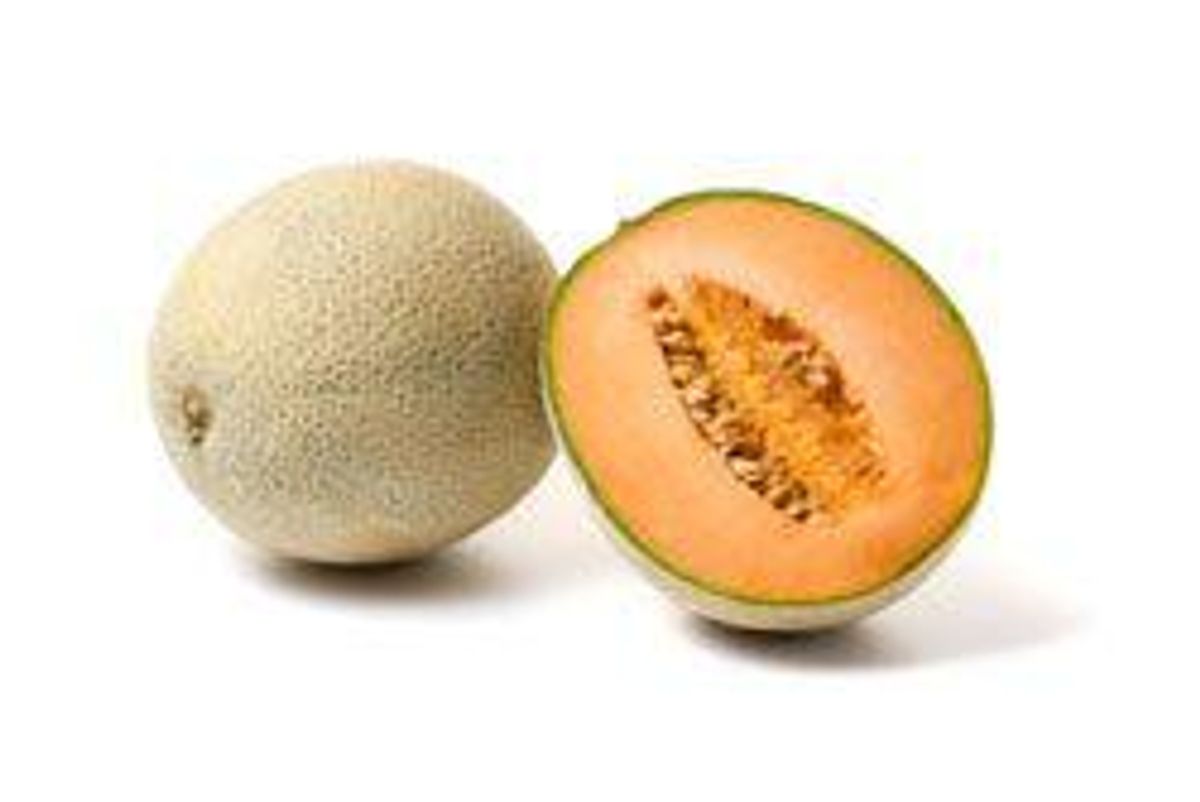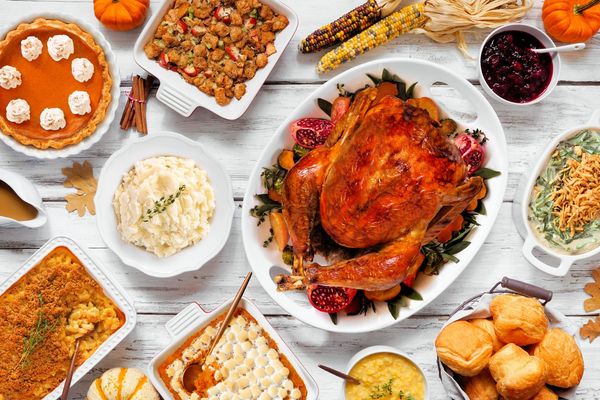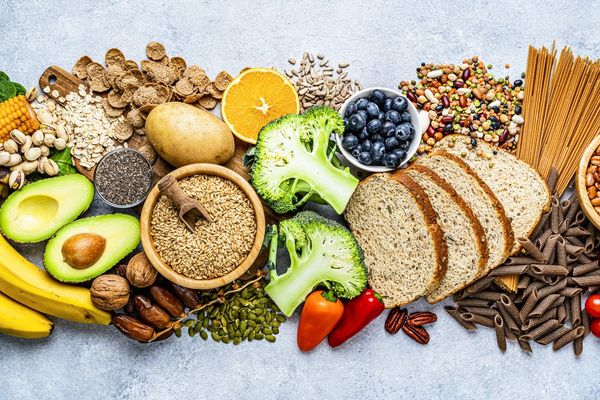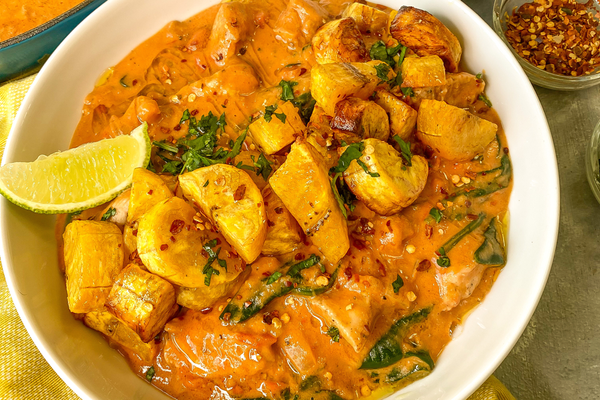I was so happy a few weeks ago to find good-looking cantaloupes on the store shelves that I bought two, eager to cut them up and pretend that it was still summer.
I did enjoy the bright orangish succulent fruit for a few days until the news hit: people were actually dying from eating these melons. As of October 11, the CDC received reports of 23 deaths out of the 116 listeria-infected people (the deadly type of food poisoning is known as listeriosis). This is, unfortunately, probably not the end of the deadly outbreak: listeria has a long incubation period, making it likely that more people will become ill in the coming months.
I listened carefully. I learned that the infected melons came from Colorado, with labels reading "Colorado Grown," "Distributed by Frontera Produce," "Jensenfarms.com" or "Sweet Rocky Fords." I ran to check the label on my cantaloupes and was relieved to see that they were grown in California. But the nagging feeling still persisted. Each time I bit into a piece, I wondered if it was worth the gamble. And that old adage—"When in doubt…"—kept echoing in my head.
I finally listened. I threw it out. And then, I wiped down my refrigerator shelves with soap and water since I learned that listeria-contaminated foods could contaminate other foods stored nearby. Just in case.
I probably wasted some money and did this needlessly, since I knew that I was likely safe. I also knew it was unlikely that these cantaloupes would cause listeriosis because of these facts:
- People with weakened immune systems, the elderly and those with immune disorders are most likely to become sick if infected. These include newborns and pregnant women (who are about 20 more times more likely than healthy people to develop severe infection. Pregnant women, if infected, can miscarry or suffer a stillbirth).
- It's rare that adults with healthy, intact immune systems get ill. (Did you know that being an optimist can have a positive effect on your immune system and lower your stroke risk?
- Most of the people who died were over age 60; at least two were in their 90s.
How would you know if you had a case of food poisoning? The illness usually begins with diarrhea or other intestinal symptoms, leading to fever and muscle aches. You might feel as if you have a mild case of the flu. Depending on the person, it's also possible to get a headache, stiff neck, mental confusion, loss of balance and even convulsions. The usual incubation period is thought to be anywhere between one and three weeks, but symptoms can arise within three days of eating the infected food—or it can be as long as two months after you become infected.
Here's some good advice, compliments of the CDC, for avoiding listeriosis in general:
- Rinse raw produce (such as fruits and veggies) thoroughly under running tap water before eating, cutting or cooking. Even if you plan to remove the peel, wash it first. Scrub firm produce (like melons and cucumbers) with a clean produce brush.
- Dry the produce with a clean cloth or paper towel.
- Thoroughly cook raw meat and poultry.
- Heat hot dogs, deli meats and cold cuts until they are steaming hot prior to serving.
- Do not drink raw (unpasteurized) milk and do not eat fresh soft cheeses that are made with unpasteurized milk.
- Keep your refrigerator at or below 40°F and your freezer at or below 0°F.
- Clean all spills in your refrigerator right away, especially juices from hot dog and lunchmeat packages, raw meat and raw poultry. Use hot water and liquid soap, then rinse.







